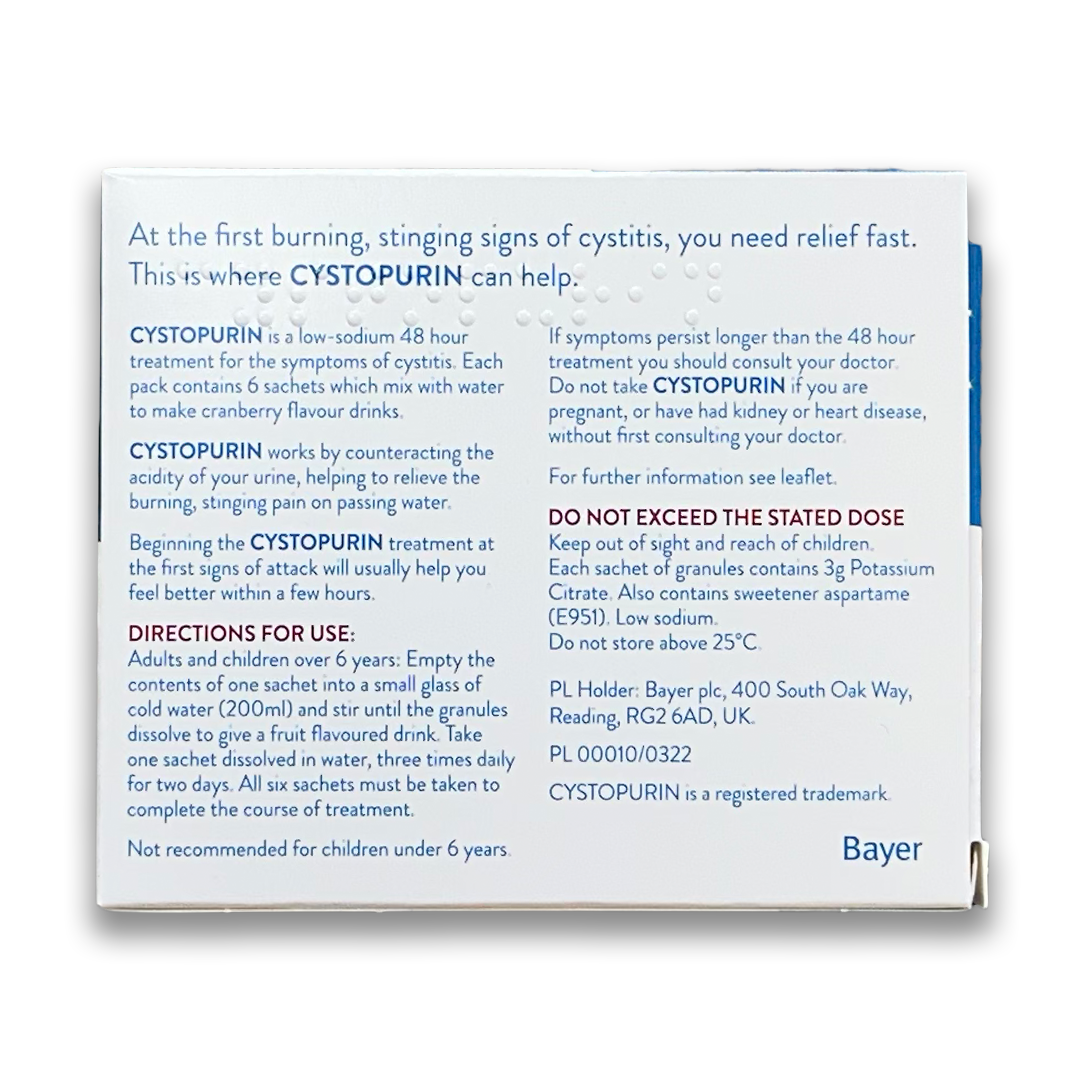About UTI
Cause
Diagnosis
Treatments
Prevention
Further Info:
FAQs
Can I use over-the-counter (OTC) medications to treat a UTI, or do I need a prescription from a healthcare provider?
Are there any natural remedies or lifestyle changes that can help prevent UTIs?
Can men get UTIs, or is it primarily a women's health concern?
Can UTIs resolve on their own without antibiotics, or is medical treatment always necessary?
We are here to help 👋
For assistance, please contact our customer service at info@rightangled.com. We are available Monday to Friday from 8 am to 5 pm. For urgent issues, please do not use this email. Instead, call 111, or dial 999 in case of an emergency.



